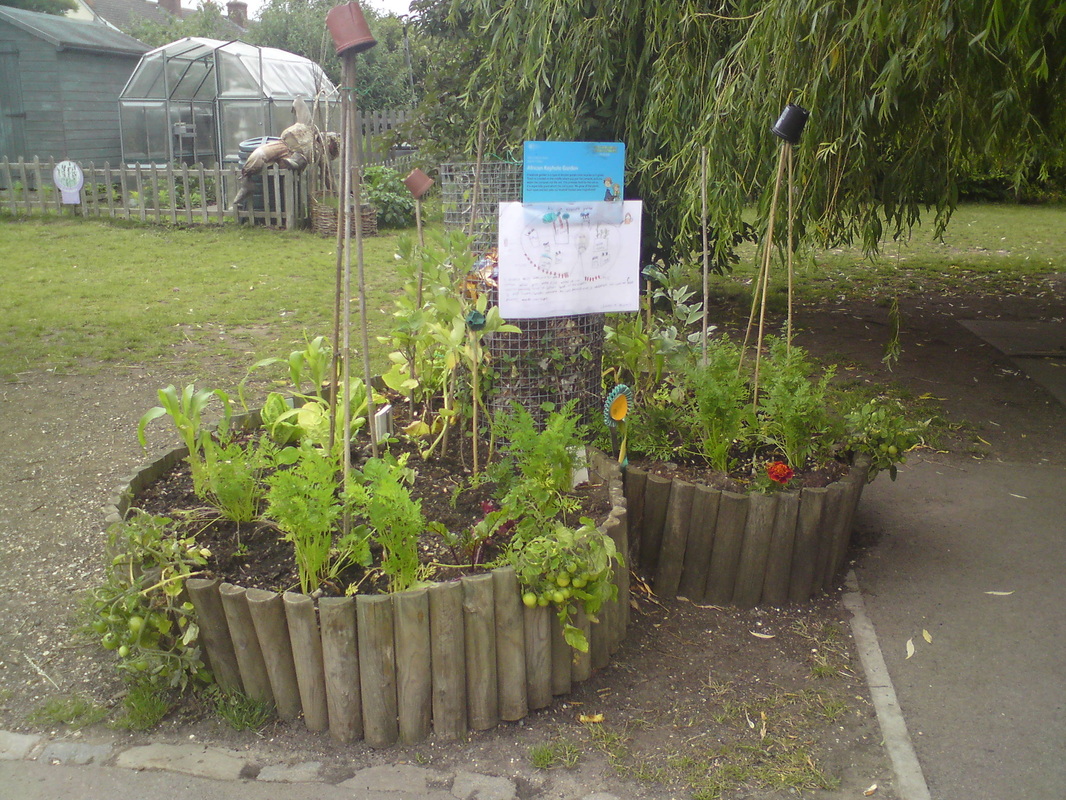- Home
- Why Greenstone
-
Services
-
Gallery
- Dementia sensory gardens
- International School grounds design - AAS Moscow
- Natural play in Early Years - North Islington
- Sensory play gardens - Hickory House
- Special needs schools - sensory play
- Sensory gardens for mental health - residential care village Norwood
- Stressed execs - residential sensory gardens
- Outdoor classrooms and community gardens
- Eco resorts - Portugal, Malaysia
- News
- Links
- Publications I Press
Case study - learning outside the classroom
This is a case study from New Zealand where Learning Experiences Outside The Classroom (LEOTC) have been a mainstream part of the curriculum for 30 years.
Teachers are the link between the learning on a topic that occurs in the classroom and the learning outside the classroom, either outdoors in the schools grounds, or from the site visit to the local park or zoo, or museum. Programmes provide students with access to tools, objects, exhibits, artefacts, expertise, and hands-on experiences that are not available in the immediate school environment. They offer unique and stimulating learning opportunities.
Ensuring a successful LOTC experience
" Ministry research shows that you and your students will get the most out of the learning experiences offered by LOTC and site visits if you:
- are clear about the learning goals for the visit
- ensure that the visit is linked to the curriculum as part of a more extensive unit, and is not a one-off activity
- work closely with the LEOTC education officer before, during, and after the site visit
- ensure that you and the education officer have the same learning goals
- link pre-visit learning activities with the site visit, and follow up with post-visit activities. Activities and discussions with students before and after a visit enrich the experience
- ensure that (in collaboration with the education officer) the programme suits the age group of the students
- encourage students to take responsibility for their own learning (for example, by working at the site in small groups with other students and with adults).
To help achieve the most from the visit:
- share the learning goals with the students – the case studies show that this helps students learn because the goals provide a focus that students can work towards
- treat the visit as a learning experience for yourself – this will help your teaching after the visit
- if possible, visit the site or exhibition before you take the class. If this is not possible, make sure you work closely with the education officer before the visit so you are as familiar as possible with the programme
- ensure that you brief adult helpers about the visit and give them clear instructions on how they can help the students get the most educationally from the visit."
|
Services
> edible gardens > planting plans > resorts > community gardens > gardens for health > urban design > air quality > natural play > inclusive play > sustainable playgrounds > outdoor learning > special needs > school grounds design > inset day & CPD training > social & therapeutic > sensory gardens > wellness gardens |
Greenstone Design UK Ltd is registered in England & Wales No.06944998. Registered Office: Alderbrook, Abinger Hammer, Surrey RH5 6SA UK. VAT registration No 976 3017 05 |
Corporate Social Responsibility | Diversity & Equality | Environmental Policy
Quality Management Statement
© Greenstone Design UK Limited 2001-2020 All rights Reserved
Based on the Surrey-Hampshire border we work locally, nationally and internationally to advise and design gardens for health and well-being

